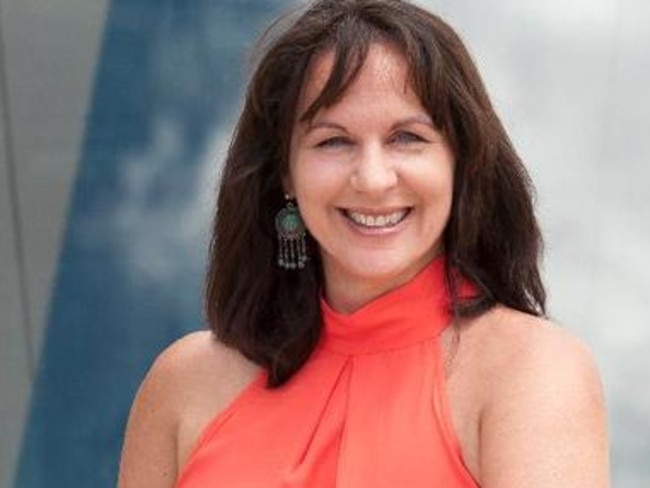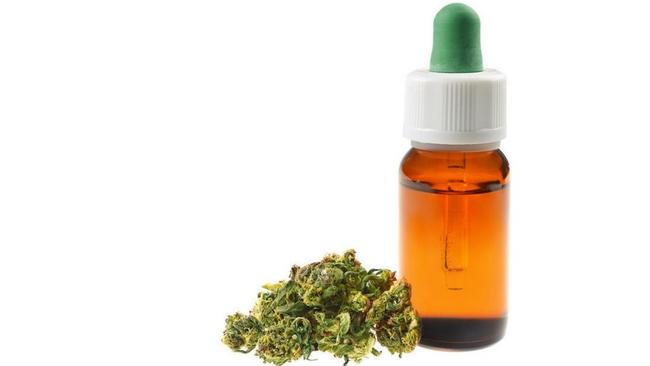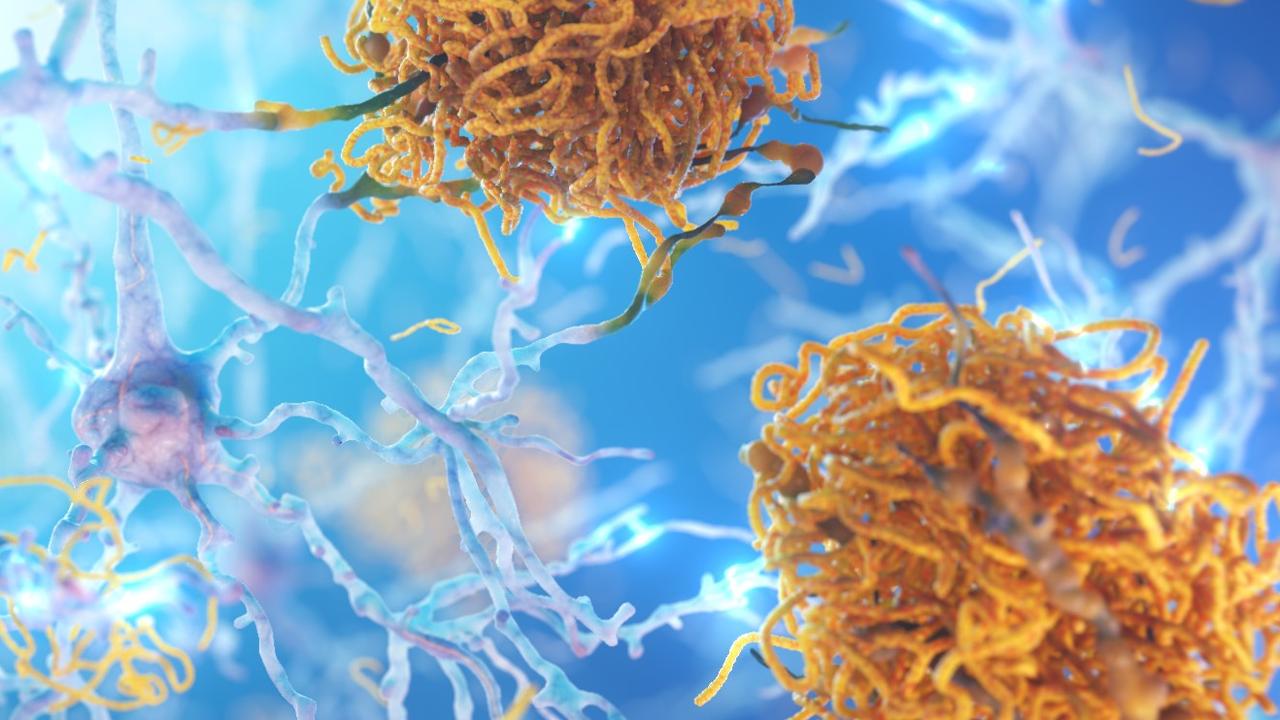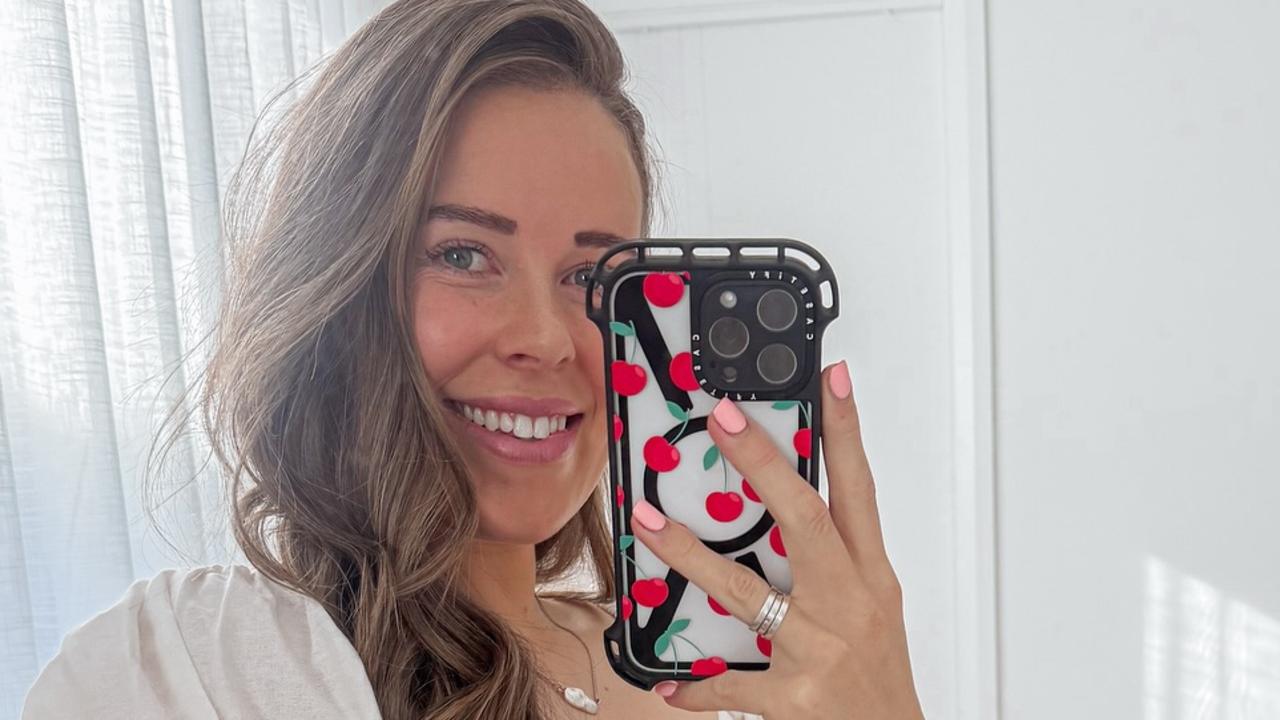Push for greater access to medicinal cannabis amid concerns over rise in opioid deaths
ADVOCATES of medical cannabis say it needs to be made more easily available amid warnings about a hidden epidemic of opioid deaths.
ADVOCATES of medical cannabis say it needs to be made more readily available as Australia faces warnings that we’re “sleep walking” into a prescription drug overdose crisis.
Deaths caused by pharmaceutical drugs used to treat pain, anxiety and sleeplessness are rising in Australia, prompting warning that we’re heading towards a hidden epidemic.
Manufacturers of alternative medicines say medicinal marijuana products should be made more accessible to patients as an alternative treatment in cases where opioid addiction or overuse is a concern.
“Especially when people have chronic pain conditions or cancer pain, a lot of studies have shown that medicinal cannabis is a great way to wean people off these high doses of opioids, anti anxiety medication and sleeping tablets,” said Elisabetta Faenza.
Ms Faenza is the CEO and co-founder of Leafcann, a company that seeks to manufacture botanical medicines and is working to bring medical cannabis products to the Australian market.
She has an obvious incentive to champion the use of medicinal cannabis but says the industry and much of the public want to see more options to treat pain, nausea and anxiety.

Medicinal marijuana has been legal in Australia for the past two years but it is still very hard to access for a lot eligible patients around the country.
“The beauty of medicinal cannabis is that — as opposed to the illicit use of recreational cannabis — when it’s being prescribed by a doctor appropriately, the right genetic type of cannabis strain can be prescribed in an oil or a capsule — a way that it has a metered dose, a way that you know you’re getting so many milligrams of CBD and so many milligrams of THC.”
CBD oil has been shown to be useful in treating inflammatory pain as well as nausea and vomiting produced by chemotherapy or other therapeutic treatments. “And very small doses of THC can help with sleep,” Ms Faenza said.
However experts warn that evidence of THC’s benefits is weak and high doses of THC have been shown to increase anxiety in some people.
“We’re not saying go out and smoke a joint,” Ms Faenza said. “We’re saying that controlled prescribed medicinal use should be added to the Special Access Scheme for patients whose doctors are concerned that long term use of synthetic opioids is a concern.”
A new report released by the Penington Institute this week warned that deaths from sleeping and anxiety pills have become a “hidden epidemic”, more than doubling in the last decade.
It showed there were 2177 drug-related deaths in Australia in 2016. Deaths from sleeping and anxiety pills, opioids and methamphetamines have all risen sharply.

A separate report released last week also sounded the alarm on opioid misuse. According to the National Drug and Alcohol Research Centre at UNSW in Sydney, there were 1045 Australians aged 15-64 who died of an opioid overdose in 2016. Opioid related deaths have nearly doubled from 2007 to 2016.
Ms Faenza says now is the time to look at alternatives for pain management, nausea, anxiety, depression and PSTD as concerns rise around opioid reliance.
There is a body of evidence suggesting that marijuana products can be useful in treating chronic pain but adoption in Australia has been slow to happen.
“People naturally get frustrated,” she said. “They don’t want to break the law, and nor should they have to.”
It’s a frustration she experienced first hand when she lost her father to cancer and watched him suffer through the pain brought on by treatment.
“He would’ve really been served in those last six months with a medicinal cannabis product, but at that point in time cancer pain wasn’t on the list (of approved therapies),” she said. “At least it would’ve been good to try it.”
In March, Health Minister Greg Hunt slashed red tape around medical marijuana making it much quicker to access for NSW patients with the approval process relying solely on a single clinical assessment by the Therapeutic Goods Administration. Other states are following suit, reducing the time it takes for patients to get medical cannabis drugs.
But Ms Faenza says there is still some opposition to medical marijuana products.
“The Australian Medical Association’s position has softened but certain state branches of the AMA are incredibly negative and that has really put fear into doctors,” she said.
“Doctors are reporting that they’re getting many requests from patients to look at medicinal cannabis and just don’t feel equipped to deal with the issue.”
The Medical Cannabis Council has expressed the same sentiment, lamenting that medical professionals often view medicinal cannabis as a “medication of last resort”.




